Success vs. Mastery | Simple Ways to Become a Better Climber
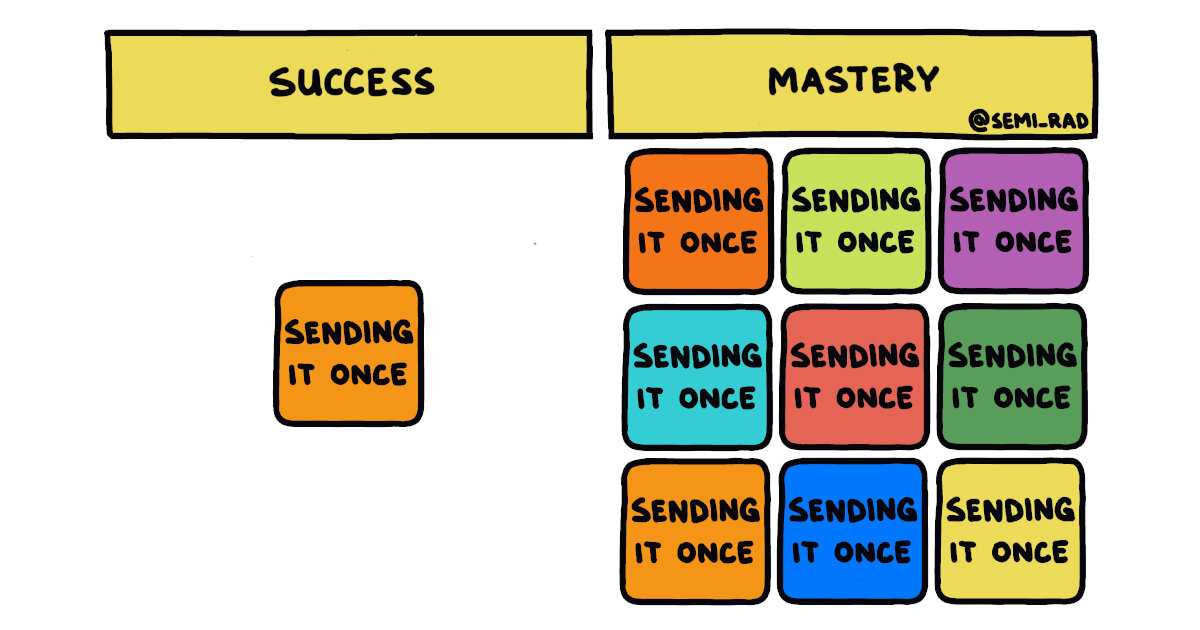
Illustration from Brendan Leonard at semi-rad.com
“Oh I can’t get on that - I don’t want to unsend it.”
I’ve said it. You’ve said it.
Climbing is a sport that’s built on successes. You do the move, you send the boulder, you win the comp, you look forward.
We rarely take the time to look back.
I often use skateboarding as a metaphor in my workshops and talks because skaters do one important thing much better than climbers.
They chase mastery instead of success.
Unless it’s something death defying, a skater doesn’t often land a trick and say “Never doing that again!” They don’t worry about unsending that Kickflip or Backside 360. Instead, they do it over and over, in different environments, over new obstacles, and back to back with other tricks.
At some point, the Kickflip was state of the art. Rodney Mullen invented it by accident and called it the Magic Flip because it hardly made sense. He had just learned the flat land Ollie (which he invented as well) and noticed that when he didn’t get it quite right the board would flip. By the end of the day he had landed the first Magic Flip. Then he did it 100 times. Then up a curb. Then over an obstacle. Then Kickflip 180. Then 360. Then with two flips. Then Kickflip Underflip. Then two flips and Varial 180. And suddenly (not so suddenly) he could land the basic variations every single time he tried no matter what.
You get the idea.
Mastery.
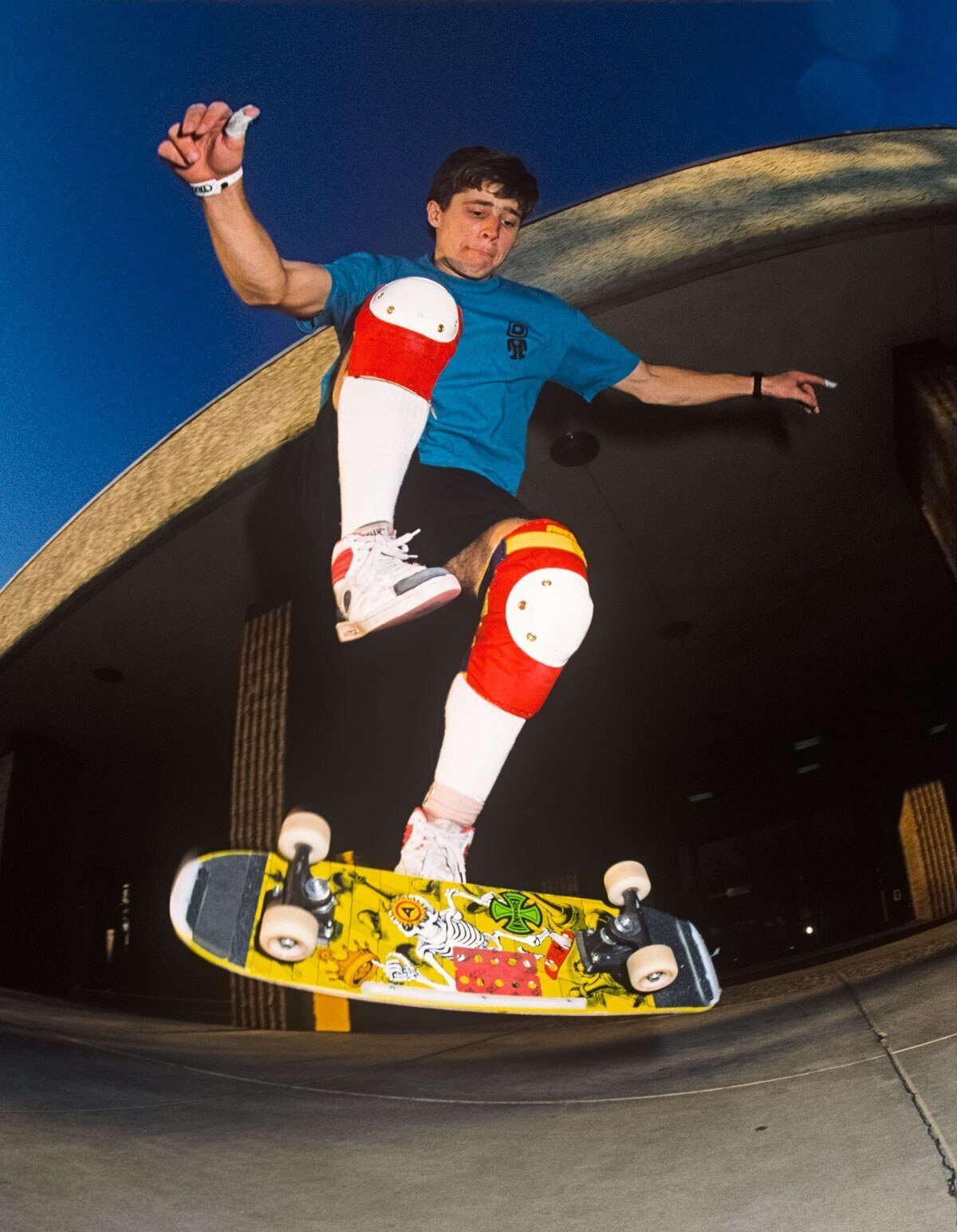
Tony Hawk spent 15 years learning how to do the 900. 15 YEARS between the 720 and 900, which he finally landed in 1999. He could have been happy with that success and walked away from a trick that had broken his bones several times.
Instead, in 2016 at 48 years old he landed a 900 within one session of deciding to try it again. How? Because he wasn’t satisfied with success. He didn’t stop at that first 900. He landed more and more, back to back with other tricks, until he had it mastered. Had he been afraid of unsending after landing his first at the XGames in San Francisco, no chance he’s doing another 17 years later.
So how can climbers embrace mastery instead of success?
Don’t be satisfied with sending the boulder. Send it better. Three or four or more times. Make it damn near perfect. Put it on the circuit. Transform it into a warmup that makes you feel like a superhero.
Revisit old mini projects now and then. Unsend them and then resend them. If you’ve been on the path of mastery, they’ll go faster and you’ll be better. Someday that former project might be a warmup.
Mastery. Superhero.
Skaters do one important thing much better than climbers: they chase mastery instead of success.
It's exactly the same amount of challenging for you no matter what number anyone attaches to it.
How often do you give 100%? REALLY give 100%? I make my living coaching climbers, and I seldom see a climber try their hardest. Myself included.
While in the gym, for the most part, boulderers are closer than sport climbers to training the correct way.
It's easy to get discouraged by how quickly the pros seem to put down the hardest projects.
I get it. Talking is easier than doing. What it isn't, however, is nearly as satisfying.
Nate snapped the banana in half. Clean break, right through the middle. Like a ninja.
You can almost always find a reason to continue training the short-sighted way.
There is NO single workout that any group of people can follow to get the optimum results for each of them.
Newbs, rejoice! You get a whole post. A short one, but your very own set of training wheels.
So how do you get better faster? There's a simple answer. You don't.
After much deliberation over a list of about 25, I've decided on the 5 ways I see experienced climbers derail their progression.
I hear them coming from every corner of the gym… excuses.
The fact is, you WILL NEVER get to within earshot of your potential if you don't have a complete skill set.
Our egos are ruthless. I've seen climbers stop a workout early because they didn't want to "look bad".
Fact is, seeing the "chains" as the sole representation of success is holding you back.
If we’re always compensating for some weakness or skill we don’t yet have, how will we ever improve?
If the more you climb, the better you get, then why do we all know that one guy that’s been climbing forever and still stuck at 5.10?
How do you solve a problem? By looking for a solution.
You’re watching your client, student, partner, or bestie struggle. And you want to help. But how? It entirely depends on the goal.
A climber since 1994, Kris was a traddie for 12 years before he discovered the gymnastic movement inherent in sport climbing and bouldering. Through dedicated training and practice, he eventually built to ascents of 5.14 and V11.
Kris started Power Company Climbing in 2006 as a place to share training info with his friends, and still specializes in working with full time "regular" folks. He's always available for coaching sessions and training workshops.







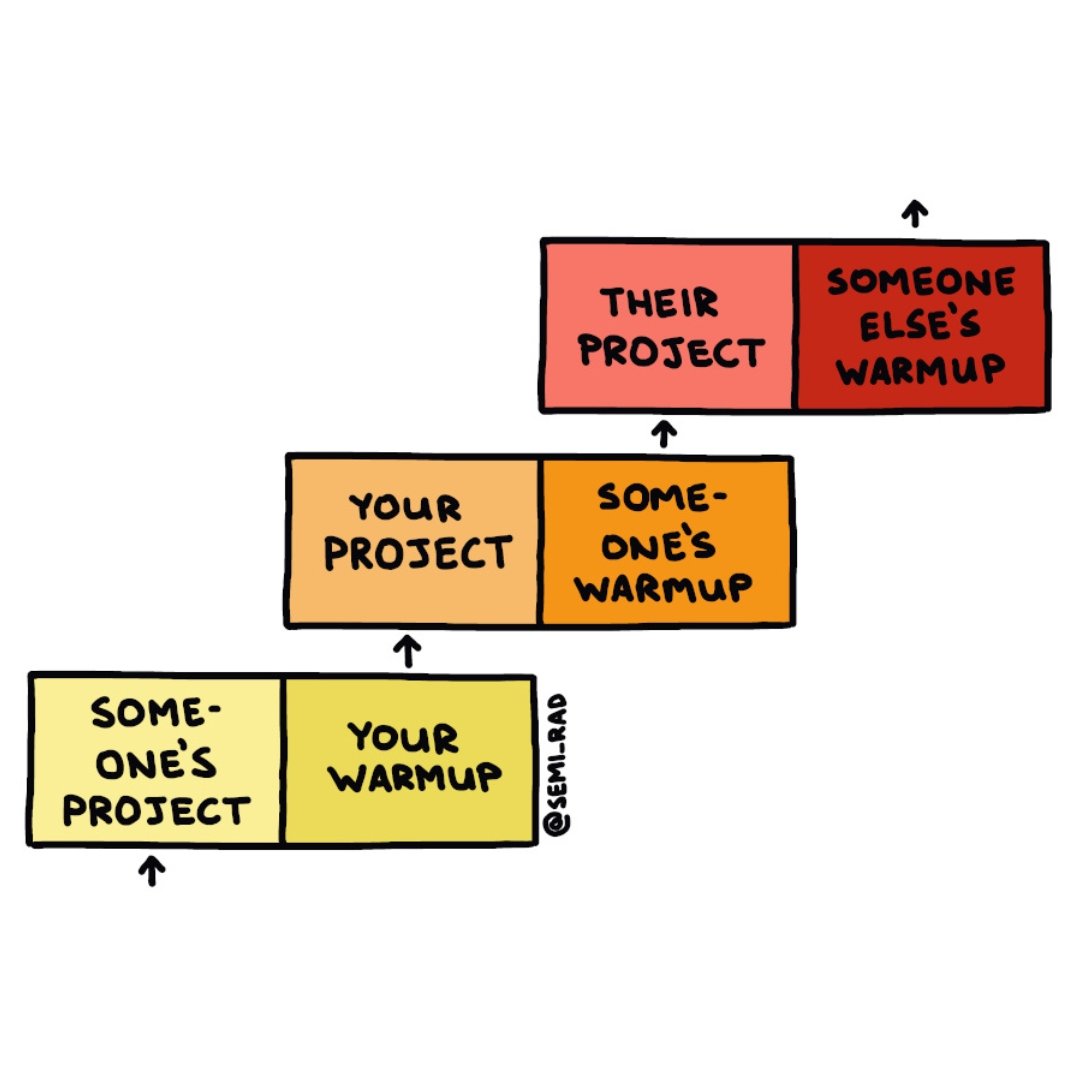



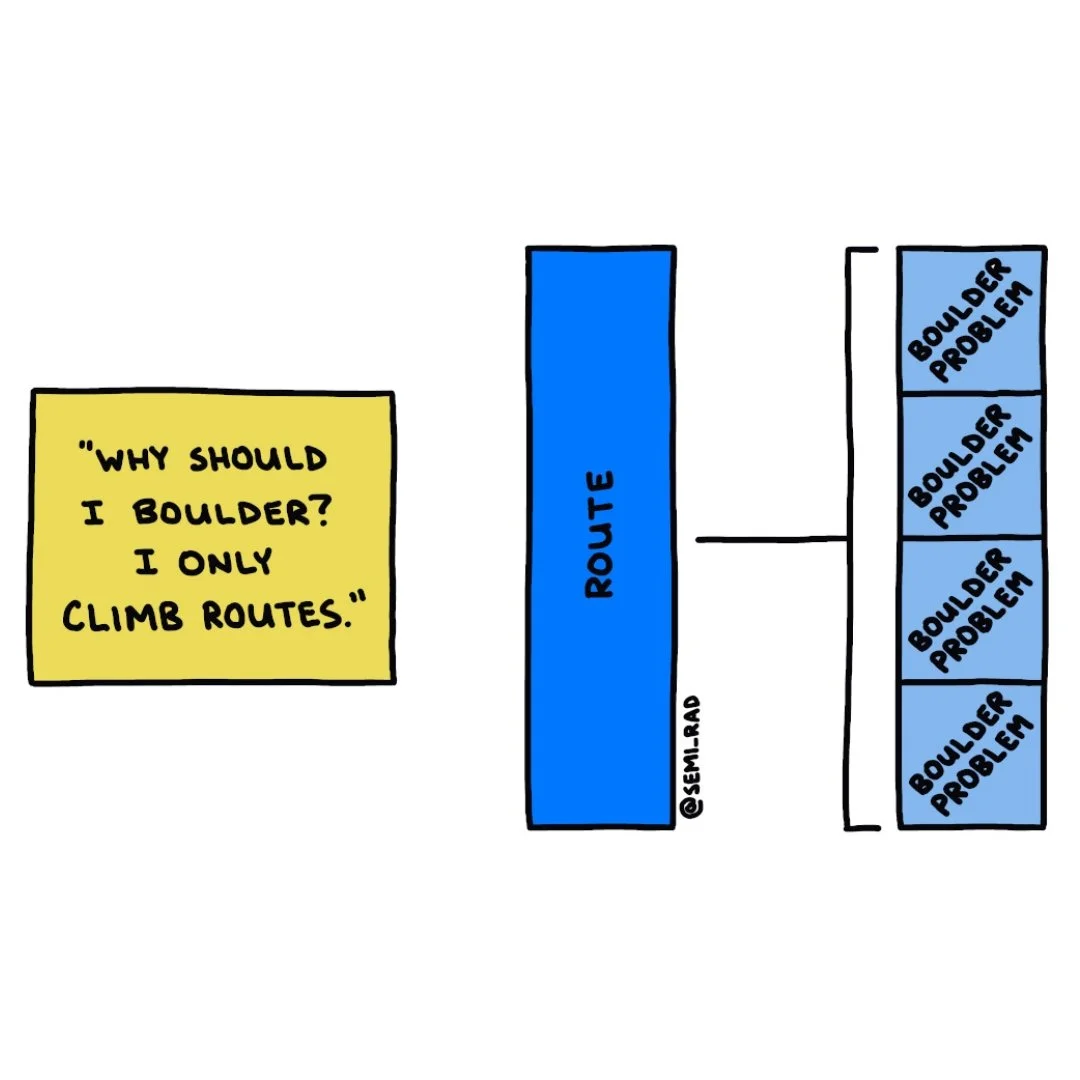







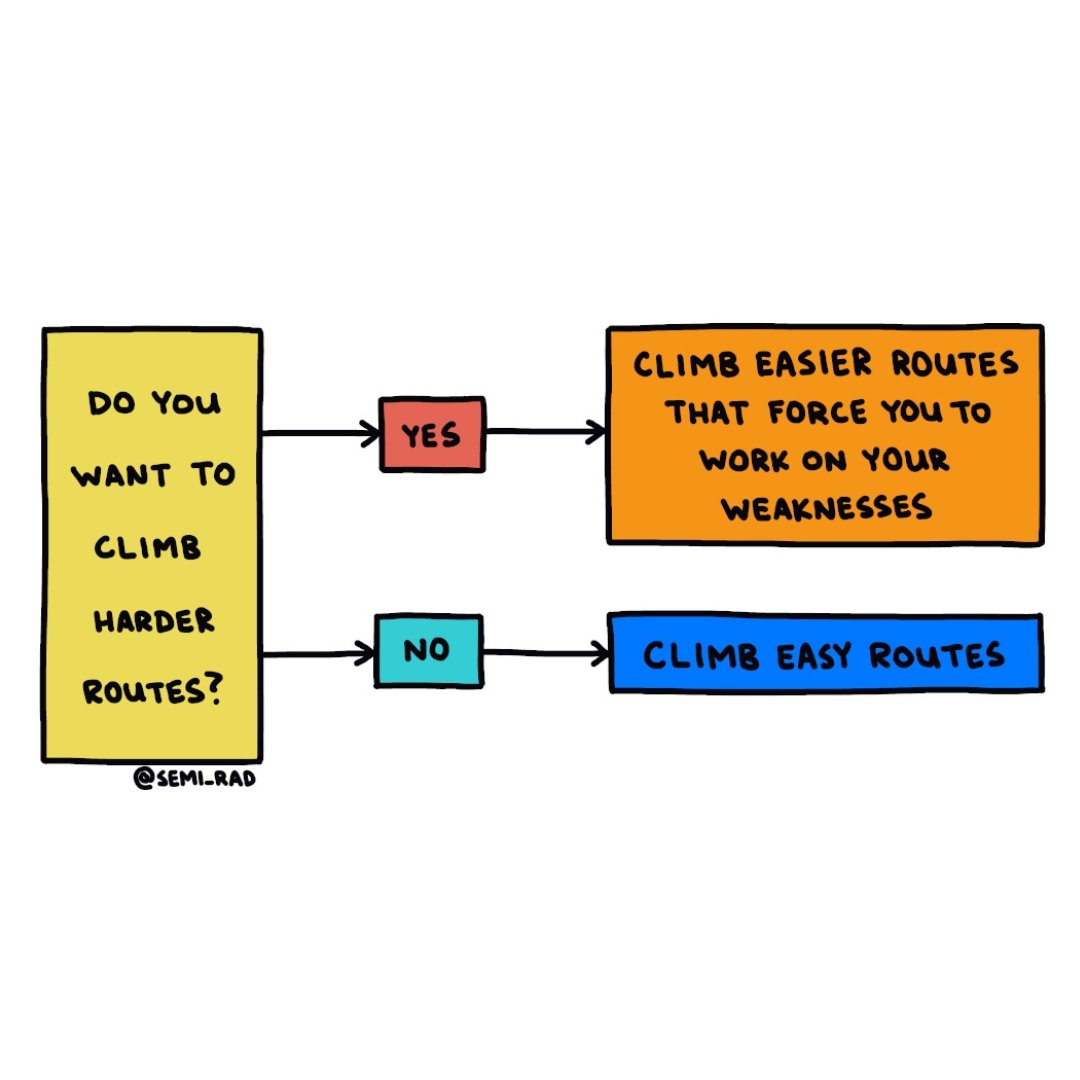






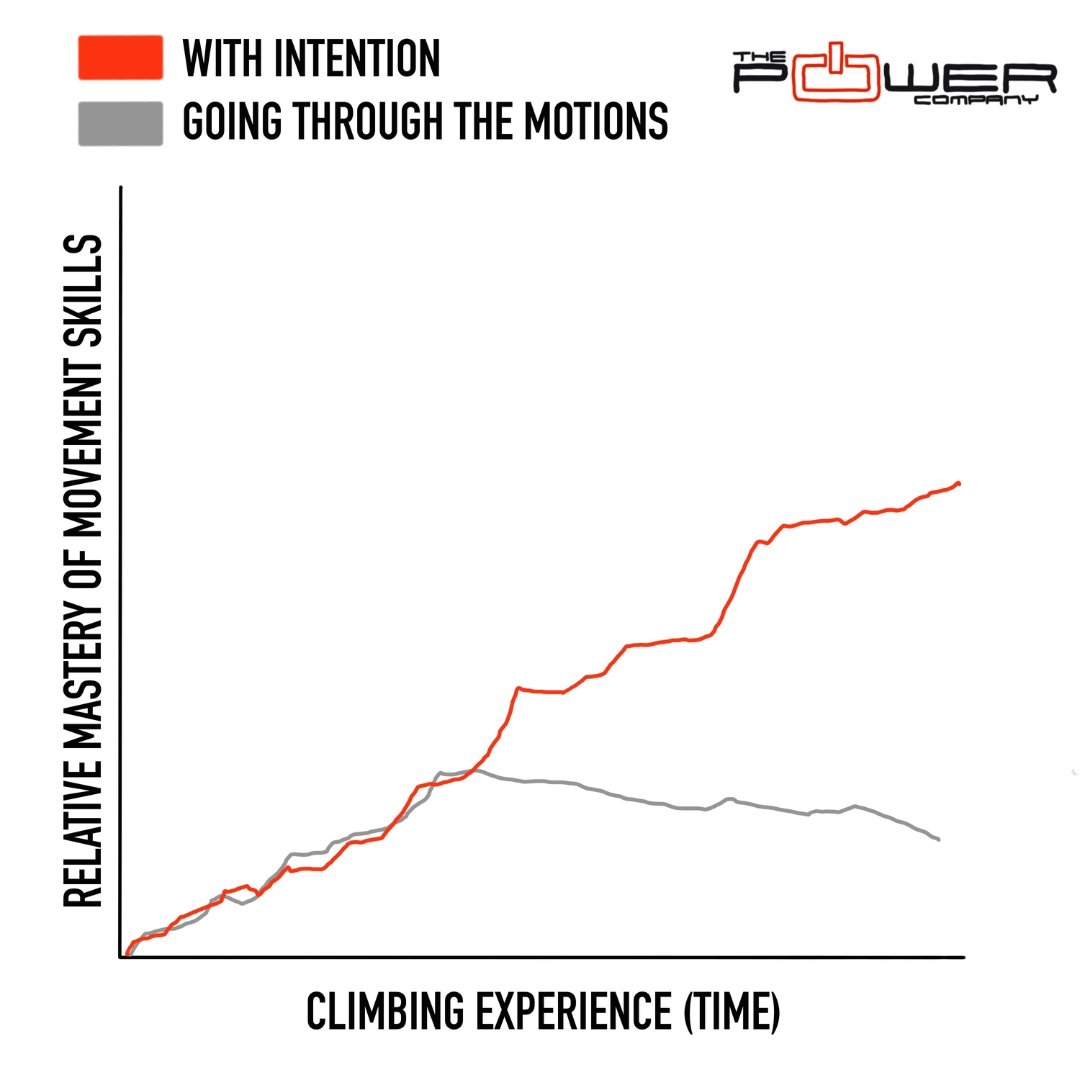



Redpointing is an ultimate success built on the backs of many failures.